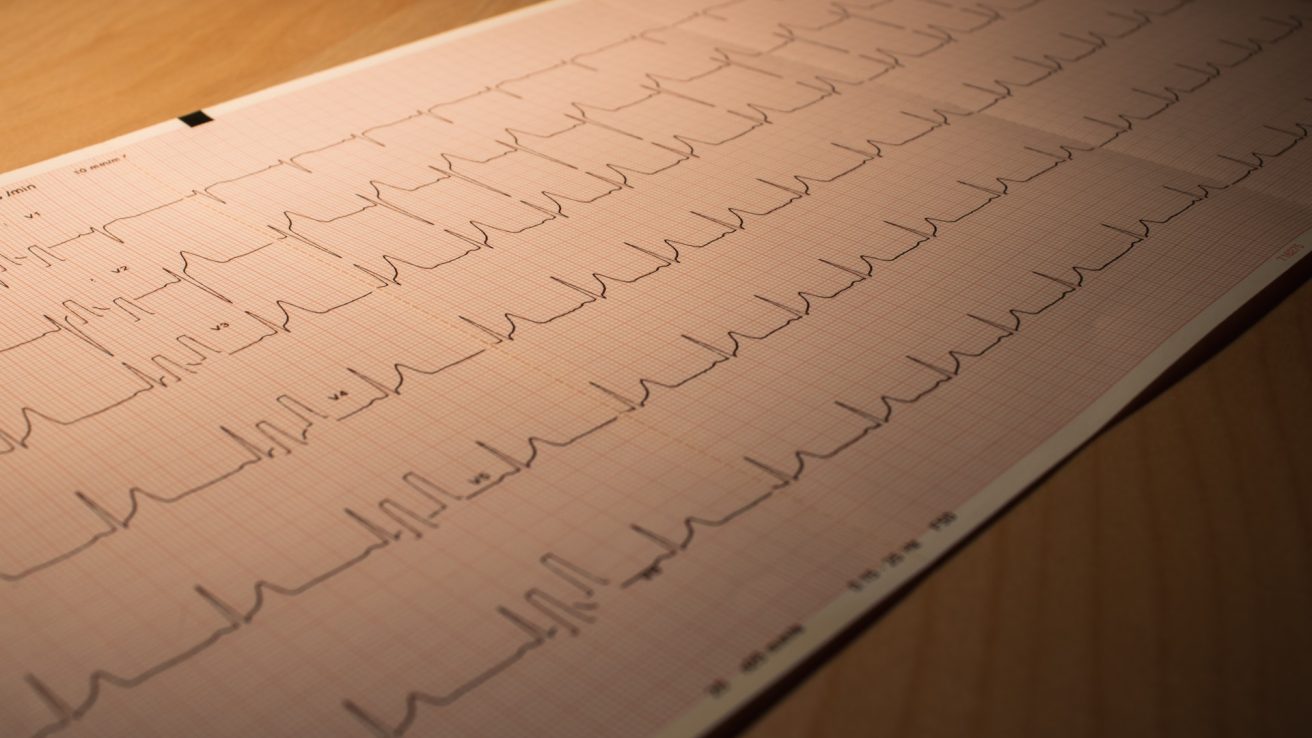There is a high prevalence of arrhythmias in cardiac amyloidosis patients, with implantable devices and catheter ablation showing partial effectiveness in their treatment.
The deposition of abnormal protein fibrils in cardiac amyloidosis can cause heart failure associated with diastolic dysfunction and arrhythmias. Various types of arrhythmias are observed in cardiac amyloidosis patients. However, the prevalence of arrhythmias in this population has not been fully investigated.
A study in the journal Circulation Reports assessed the prevalence and treatment of arrhythmias in cardiac amyloidosis patients before the introduction of new therapeutic agents, including tafamidis, patisiran, and daratumumab.
Study Population
In this study, 43 Japanese cardiac amyloidosis patients were enrolled through 10 centers in Western Japan. Thirty-four patients were male. The mean age was 72.9 years. Thirteen (30.2%) patients had immunoglobulin light-chain (AL) amyloidosis, and 30 (69.8%) had transthyretin (ATTR) amyloidosis.
Patients with ATTR amyloidosis were significantly older and had a higher body mass index and New York Heart Association functional class than AL amyloidosis patients. AL amyloidosis patients had significantly lower albumin, higher B-type natriuretic peptide concentrations, greater diastolic interventricular septum thickness and left ventricular mass index, and a higher prevalence of pericardial effusion than ATTR amyloidosis patients.
Prevalence of Arrhythmias in Cardiac Amyloidosis Patients
The prevalence of any arrhythmia was high (81.4%), ranging from 69.2% in AL amyloidosis to 86.7% in ATTR amyloidosis patients. The most common arrhythmia was atrial fibrillation (AF), seen in 24 of 43 patients, showing a ten-fold higher prevalence than the general population. Atrial tachyarrhythmias were present in 27 (62.8%) participants; 13 (30.2%) had ventricular tachyarrhythmias; and 17 (39.5%) had bradyarrhythmias.
Among those with atrial tachyarrhythmias, 24 (55.8%) had AF (9 paroxysmal, 15 non-paroxysmal), 8 (18.6%) had atrial flutter, and 7 (16.3%) had atrial tachycardia. All 15 non-paroxysmal AF patients had ATTR amyloidosis. The analysis showed ATTR amyloidosis to be a significant predictor of AF; however, further studies with a larger sample size are needed to elucidate this association.
Outcomes of Cardiac Implantable Device Treatment in Amyloidosis Patients
Treatment with cardiac implantable devices was administered to a group of 11 patients: three with pacemakers (all with ATTR amyloidosis), five with implantable cardioverter defibrillators (two ATTR, three AL), and three with cardiac resynchronization therapy defibrillators (one ATTR, two AL). All three patients with pacemakers were alive at the last follow-up. Four of the eight patients who received ICD or CRT-D implantation showed appropriate therapy. Four of these eight patients died during follow-up due to worsening heart failure; all those who died had AL amyloidosis.
Catheter Ablation for Atrial Tachyarrhythmia in Cardiac Amyloidosis Patients
Nine cardiac amyloidosis patients with atrial tachyarrhythmia received catheter ablation (eight with AF, one with atrial flutter). Eight had ATTR, while one had AL amyloidosis. The non-recurrence rate after ablation for AF was 75%. All nine patients were alive at the last follow-up.
Source:
Miyamoto, M., Nakamura, K., Nakagawa, K., Nishii, N., Kawada, S., Ueoka, A., Asada, S., Watanabe, A., Morita, H., & Ito, H. (2023). Prevalence and Treatment of Arrhythmias in Patients With Transthyretin and Light-Chain Cardiac Amyloidosis. Circ Rep, 5(7), 298-305. https://doi.org/10.1253/circrep.CR-23-0022










